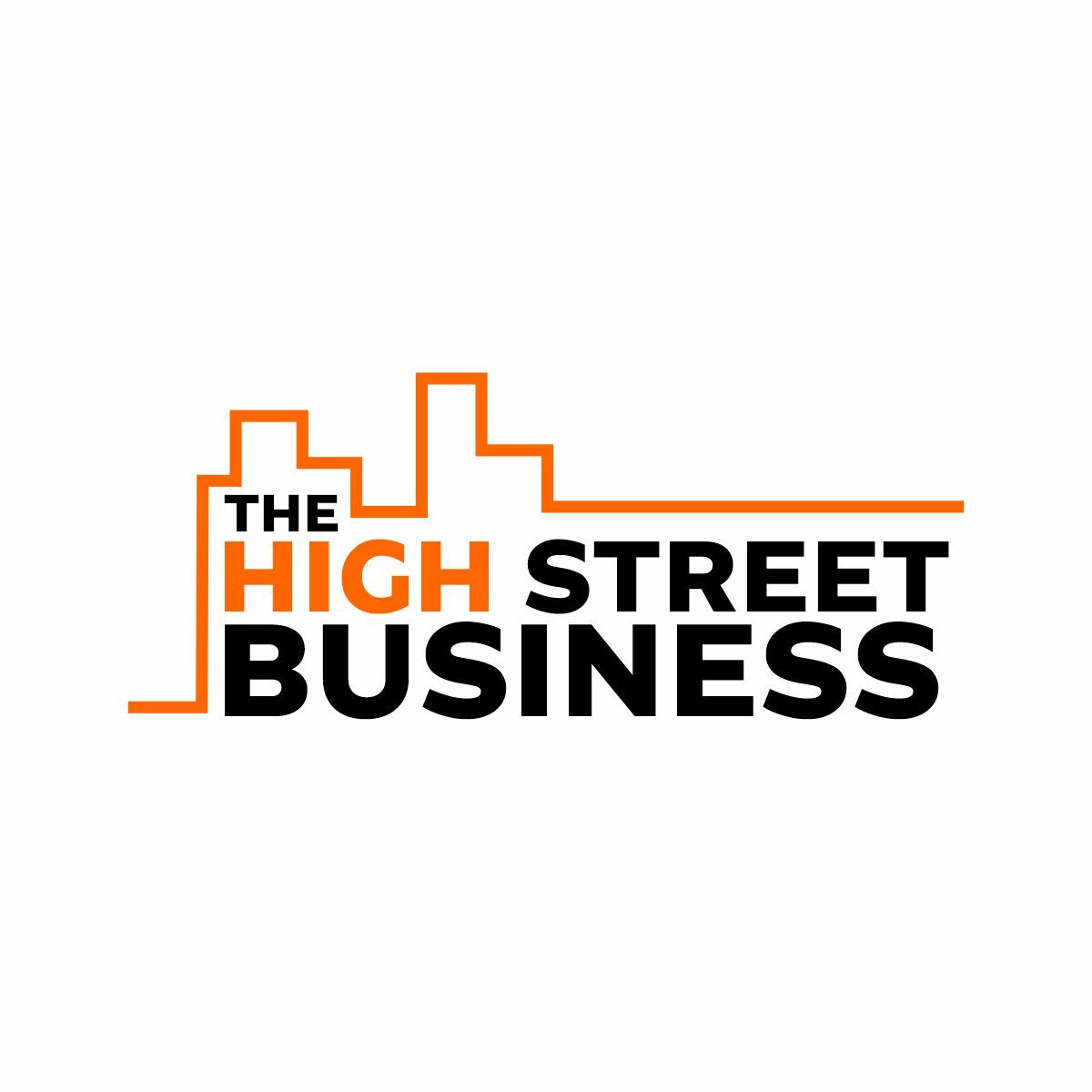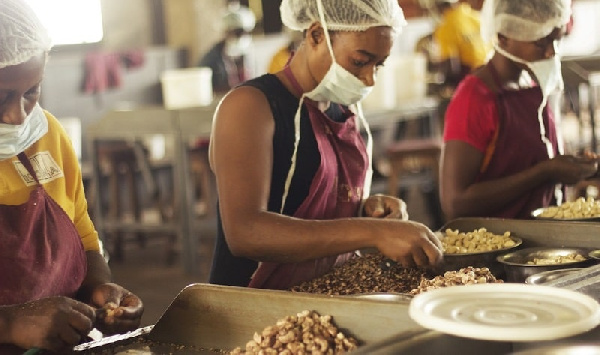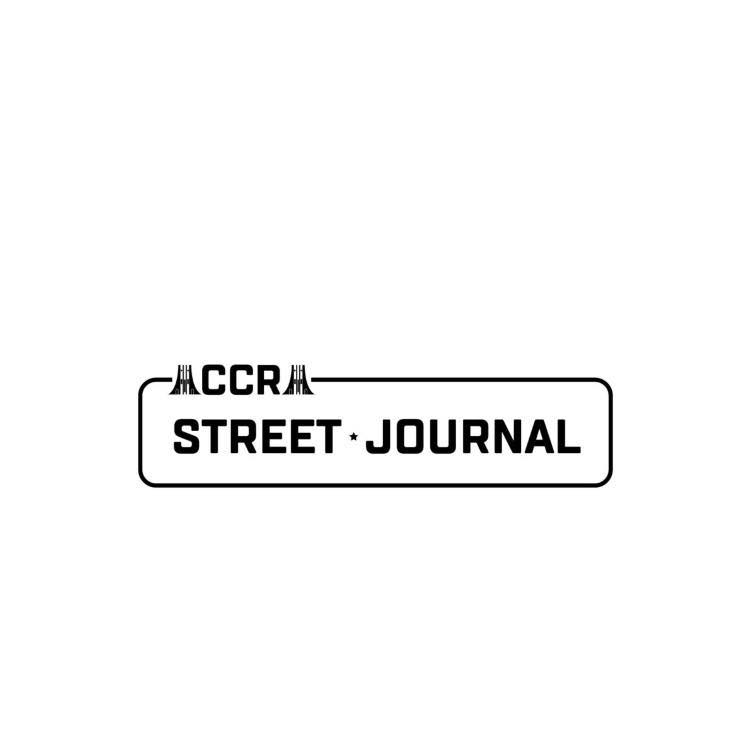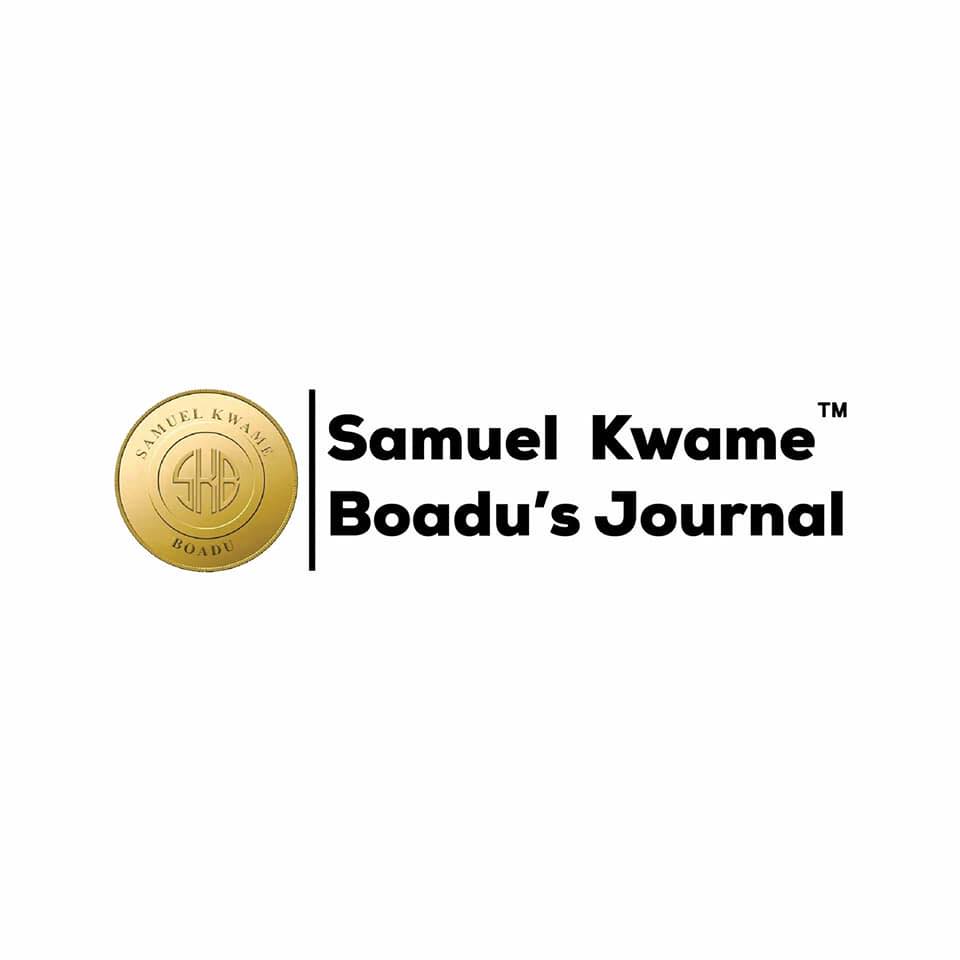Businesses, individuals, and families have been struggling with the heavy burden of high loan costs, with interest rates stuck at 27%. For months, they’ve voiced their concerns to the government about the financial strain, hoping for some relief. Instead, to their surprise and disappointment, interest rates have risen by another 1%, pushing loan costs even higher. Just when it seemed things couldn’t get worse, reality has set in—loan expenses are now steeper than ever and could have remained unchanged.
The Bank of Ghana has surprised many by raising the Monetary Policy Rate (MPR) to 28%, a notable increase. While some anticipated this move, it means borrowing costs are set to climb further for businesses, families, and individuals. A 1% rise might seem minor at first, but for loan holders, it’s a significant blow to their budgets. Those already feeling financial pressure now face even greater challenges.
So, why this sudden increase? The Bank of Ghana says it’s necessary to fight inflation, which has been stubbornly high despite efforts to bring it down. The logic is simple: by raising interest rates, it makes borrowing more expensive, which, in turn, should reduce spending and lower inflation. But for the average person or business owner, it feels like an uphill battle. It’s not just about higher rates, but the ripple effect it creates. Loan repayments go up, everyday expenses rise, and businesses are forced to make tough decisions about whether to continue expanding or to scale back.
📢 GET A DETAILED ARTICLES + JOBS
Join SamBoad's WhatsApp Channel and never miss a post or opportunity.
📲 Join the Channel NowFor small and medium-sized businesses, this is especially tough. These businesses already operate with razor-thin margins, and the added cost of borrowing can make it harder to survive. Many businesses depend on loans to grow or simply stay afloat. A higher interest rate means they have to pay more on what they owe, taking away from the money they need for operations or investments. In some cases, it may even lead to a decision to hold off on hiring more staff, scaling back their expansion plans, or delaying important projects.
On the flip side, the government now has a delicate balancing act. The decision to raise the MPR was made with the intention of getting inflation under control and stabilizing the economy in the long term. But these higher borrowing costs are also a double-edged sword. While they may help curb inflation, they risk slowing down the recovery process. As businesses tighten their belts and reduce their activities, government revenue could take a hit. This could put additional pressure on the already strained fiscal policies, making it harder to meet targets for debt reduction and budget management.
For the average citizen, these rising costs mean tougher times ahead. Many households are already stretched thin, and now even basic loans, whether for a home or a car, are going to cost more. For those with adjustable-rate loans, this is especially painful, what was manageable a few months ago may now feel impossible to handle.
In the end, this hike might be necessary for stabilizing the economy, but for now, it could create more hardship for those who were already struggling.
Source: The High Street Business
Disclaimer: Some content on The High Street Business may be aggregated, summarized, or edited from third-party sources for informational purposes. Images and media are used under fair use or royalty-free licenses. The High Street Business is a subsidiary of SamBoad Publishing under SamBoad Business Group Ltd, registered in Ghana since 2014.
For concerns or inquiries, please visit our Privacy Policy or Contact Page.



















